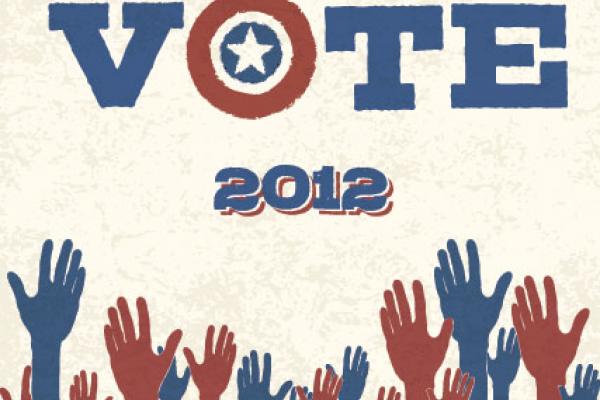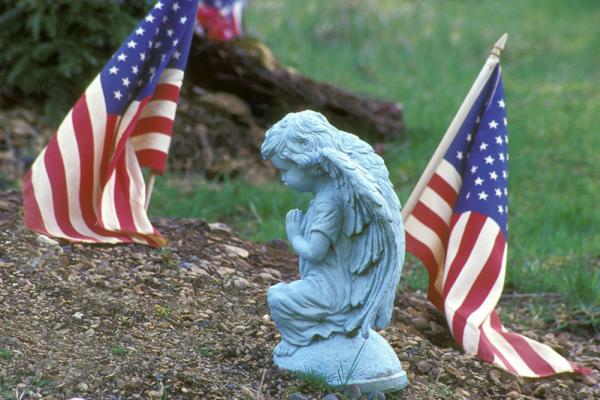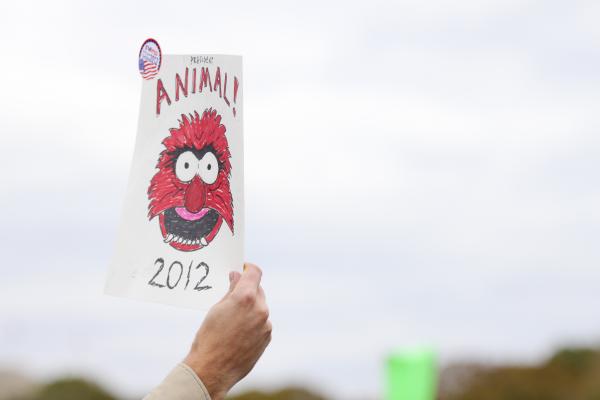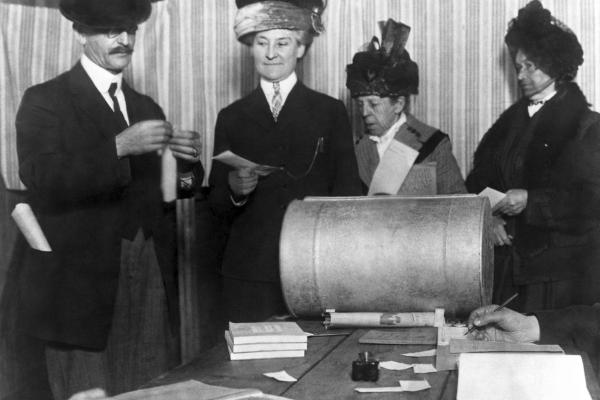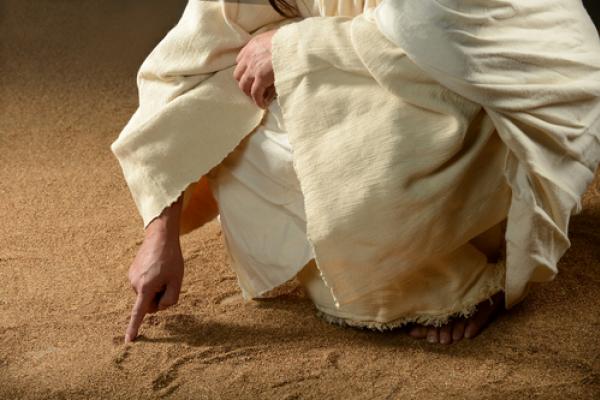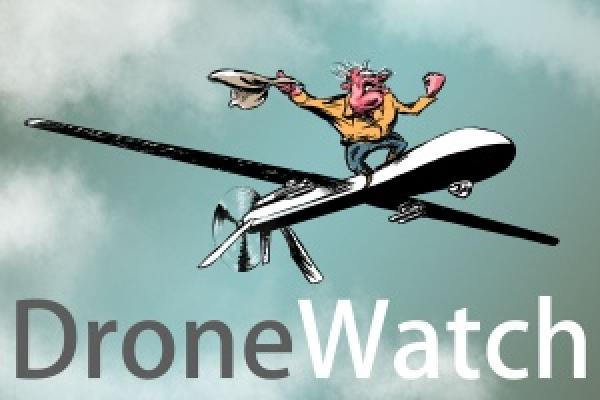My early voting ballot is almost complete. I have done my reading, finished my research, and ignored a sufficient amount of robo-calls and attack ads. I have made my choices for county school superintendent, state representatives, and even U.S. Senator. But there is a gaping hole at the top of my ballot ...
It is November 6, 2012, and after more than a year of carefully following the presidential campaigns I still do not know which candidate I am going to vote for. I am an independent voter but registered as a democrat. On my Facebook page I identify my political position as "a morally-conservative Democrat or a fiscally-irresponsible Republican."
Among my must reads are the Sunday New York Times Book Review and other book reviews I come across in various media outlets. There are too many books being published that I would love to read, but just don’t have the time. So, I rely on reading book reviews as one way of keeping in touch with what’s being written.
Here are my picks from this week’s books.
It’s here, God — Election Day in America. Today is the day when Americans everywhere are given the privilege and responsibility to exercise dominion (agency) at the polls.
Scripture tells us every human being is made in the image of God. We are, therefore, equally worthy of protection of the law. The United States Constitution and its Amendments tell us we are equally worthy of life, liberty, and the pursuit of happiness. Yet, at this very moment, laws stand poised to snatch dominion from the hands of the poor, the weak, and the vulnerable, ethnic minorities, students, and the elderly. Some scurrilous elected officials have worked behind the scenes to suppress the ability of voters to elect the person of their choice — all for the sake of politics
Last Saturday, supporters of Public Broadcasting gathered in Washington, D.C., for a march in response to Mitt Romney's now-infamous Big Bird comment, referring to his plan to cut funding for PBS. Armed with puppets and posters, the rally culiminated in speeches and puppet shows with the backdrop of the nation's Capitol building.
I’m tired of reading blogs from my White Christian brothers about why they are choosing to vote. There. I said it.
I’m all for being a part of the democratic process, but it seems a bit odd to me that so many of these bloggers are coming from a position of power and privilege they themselves have always had. It seems a bit arrogant to choose something that was always theirs.
The way I see it, they had better vote. The vote of the White male is what finally allowed people like me – a woman, an immigrant, a non-native English speaker – to have the right to vote. I didn’t have a voice. I didn’t matter. Neither did my ancestors, who immigrated here under quota systems developed by people in power for the benefit of the country and the powers-that-be.
And there still are people who have no voice, who have no right to vote, but they are directly impacted by the politicians, referenda, judges, and local officials as well as the “agendas and policies.” As a Christian who is new to the process, its a privilege and responsibility I don’t take lightly because it isn’t a given. I’m not American born. We are not post-racial America, and the fact of the matter is the church isn’t either. We are working on it, but we aren’t there.
Did you know that in 1882 Congress passed the Chinese Exclusion Act denying citizenship and voting rights to Chinese Americans? Yup, they could build the railroads but they can’t vote.
Jesus didn’t vote today
Not tomorrow
Not yesterday
Jesus didn’t need the bullet or the ballot box or
The bomb or bayonet or budget
Jesus didn’t vote today
Jesus didn’t authorize drone strikes to kill thousands
Jesus didn’t occupy other countries with standing armies
Jesus was occupied by the Holy Spirit that occupies us even still
Jesus was occupied by the truth of radical love
Jesus was not a feeble, timid, compromised, casual, comfortable, middle-class,
Or otherwise complacent ap
Tom Roberts in the National Catholic Reporter, writes on questions raised by the rapidly growing use of unpiloted drones.
“Each expansion of drone use magnifies the concerns of the legal and human rights communities about whether the United States is dangerously pressing the limits of -- or even violating -- international law. Just as worrisome, experts say, is whether the increasing use of drones in such circumstances will slowly erode the force of international law, rendering it ineffective.”
